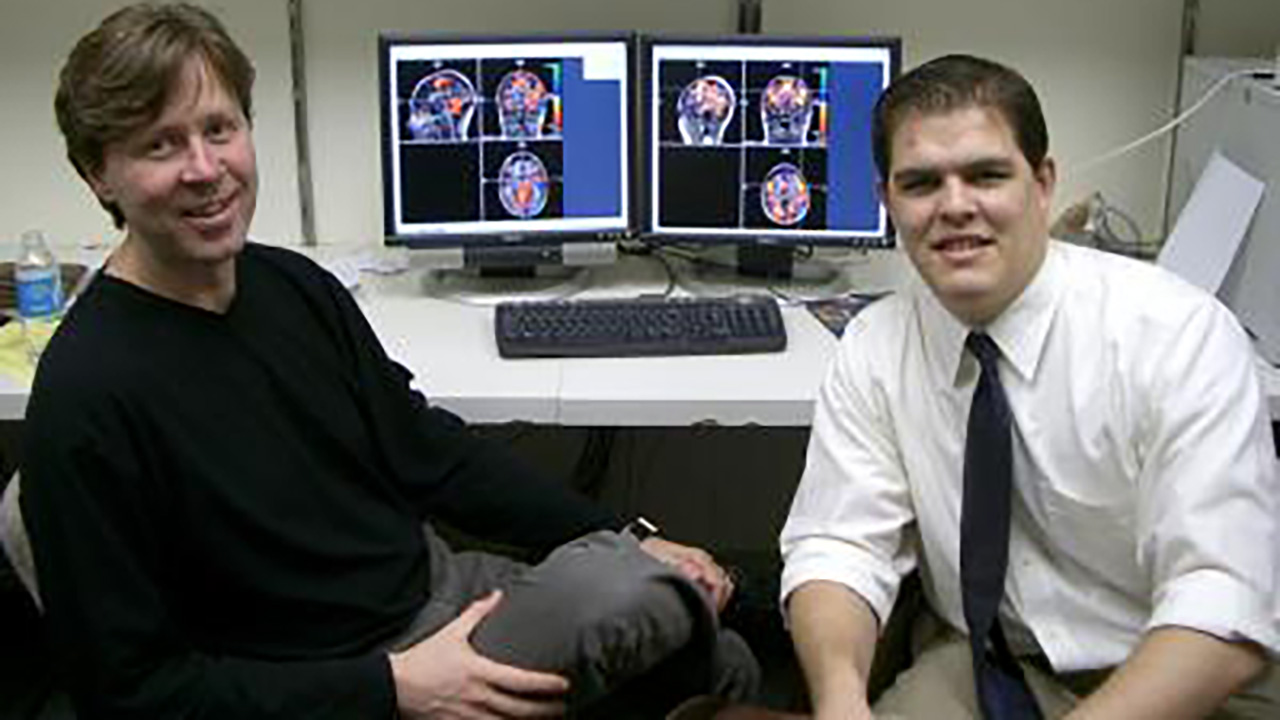
“We found that a key limitation to efficient multitasking is the speed with which our prefrontal cortex processes information, and that this speed can be drastically increased through training and practice,” Paul E. Dux, a former research fellow at Vanderbilt, and now a faculty member at the University of Queensland in Brisbane, Australia, and co-author of the study, said. “Specifically, we found that with training, the ‘thinking’ regions of our brain become very fast at doing each task, thereby quickly freeing them up to take on other tasks.”
A study was released this week by René Marois and Paul Dux of Vanderbilt University that highlights the ability of the brain to “learn” how to multitask more efficiently. At first glance, it may appear that the findings support the idea that one can actually become more efficient through multitasking. However, what it is really saying is that one can become more efficient at multitasking.
Why do I make this distinction?
1) Notice this quote:
“Our findings also suggest that, even after extensive practice, our brain does not really do two tasks at once,” Dux said. “It is still processing one task at a time, but it does it so fast it gives us the illusion we are doing two tasks simultaneously.”
In other words, your brain is still ultimately limited by the ability to perform one task at a time.
2) When multitasking, even at a higher speed and rate of efficiency, you are still incurring switching cost. Previous studies by the same research team at Vanderbilt have demonstrated that cost. What this means is that overall, your performance will be slower than if you were doing just one thing at a time.
The best analogy for this is a computer. Programs will always operate faster on your computer if no other programs are running in the background. Even if you speed up the processer, when you try to run multiple programs at the same time, overall efficiency is decreased when compared to that same computer running just one program at a time.
In short, folks, still stick to one thing at a time. No matter how fast you are at multitasking, it will always slow things down, increase the likelihood of mistakes and increase your stress levels.
-Dave Crenshaw
http://www.sciencedaily.com/releases/2009/07/090716113401.htm
